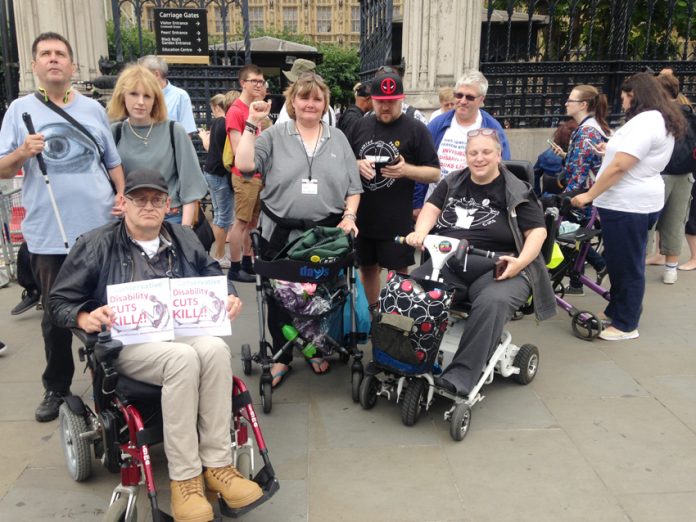
DRAMATIC cuts to district nursing have left older people without care at home and turning to A&E, an independent report has found.
Research by Christie & Co reveals that a 44 per cent drop in district nurses since 2010 contributed to a severe loss of care and support in the community. An ageing population has become more reliant on acute hospital care as preventative social care is lost. The report found a 65 per cent increase in people aged over 60 attending A&E departments since 2008.
The research was carried out alongside social care industry experts and surveyed every local authority and more than 200 leading operators. It adds that understaffing in the community leads to delays in discharging patients from hospital, with more than 2 million delayed days in 2016 alone.
Janet Davies, Chief Executive and General Secretary of the Royal College of Nursing, said: ‘Older people are being let down by a cut-price social care system that struggles to provide basic and dignified care. This report paints a highly concerning picture of the short-sighted approach in recent years.
‘The government cut local authority care budgets and older people who are no longer adequately supported at home are forced to turn to A&E. The same lack of community care means once they are in hospital they cannot easily be discharged again.
‘District and community nursing staff should be there to help older people to stay well and live independently for longer. But the loss of nearly half is one of the reasons older people aren’t being properly supported.
‘It is a vicious cycle with very real human consequences. Vulnerable people are caught between understaffed hospitals, dwindling community care and under-funded residential homes.
‘It cannot continue. The government must address it head on and invest in community care, including nursing expertise.’
• The Royal College of Emergency Medicine (RCEM) is calling for an extra 2,200 emergency medicine consultants to reach safe, sustainable staffing levels as part of its plan to improve emergency care for patients.
The extra consultants are one of a range of measures detailed in the RCEM Vision 2020 – the College’s strategy to fix the problems facing emergency medicine in England. Dr Taj Hassan, President of the Royal College of Emergency Medicine said: ‘It is vital that we get our staffing levels right. We know that each emergency medicine consultant in England is responsible for around 10,000 patients a year.
‘Our staff are working to the very limits of their abilities to provide safe, compassionate care. This is leading to burnout and doctors leaving the profession, creating a vicious circle. We have identified that we need at least 2,200 extra Emergency Medicine consultants in England alone to achieve safe, sustainable staffing levels, with posts structured to allow good recruitment, retention and prevent career “burnout”.’